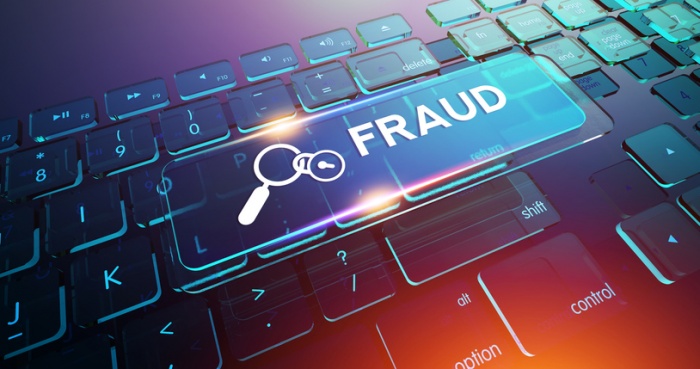It’s a new year, with new opportunities and potential new scams! We have all become accustomed to abbreviating the year when we are writing the date. Here a few reasons why you should not abbreviate the year 2020.
Changing a document's date from 2019 to 1999 would not be as easily forgeable, seeing that it would create a 20-year difference, compared to changing a document's date from 2020 to 2019, which is only a one-year difference. For example say you have a stale check, or one that was written more than six months or so ago. This check is dated 1/13/20 and if someone finds it, they could add “21” to the end of that date. Now that check is no longer stale.
Another example: You sign a credit contract — an agreement between a borrower and a lender — and date it 1/13/20. You might miss a couple of payments, and the lender goes to collect the debt that’s owed. In theory, they could add “19” to the end of that date and claim that you owe more than a year’s worth of payments.
Instead of abbreviating “20”, make sure you write the year in full: 2020 on all important documents and checks.
Protect yourself! It’s better to be safe than sorry.



Comments